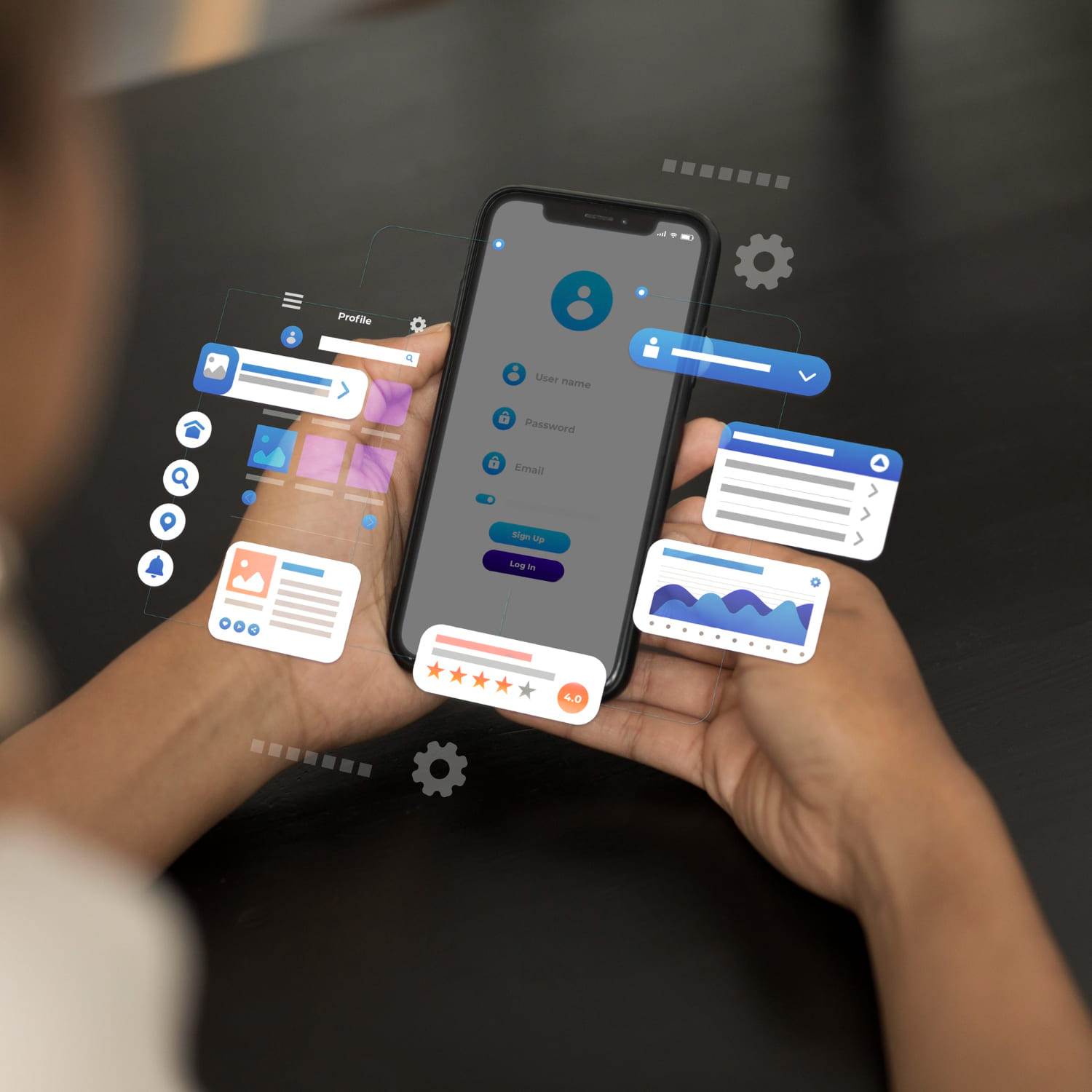A Closer Look at the Technologies Employed by Top App Development Company

In today’s digital age, where smartphones have become an indispensable part of our lives, the demand for mobile applications has skyrocketed. Whether it’s for communication, entertainment, productivity, or business, mobile apps play a pivotal role in enhancing user experience and streamlining various tasks. Behind every successful mobile app lies a team of skilled developers who harness the power of cutting-edge technologies to bring innovative ideas to life. In this blog post, we will delve into the technologies employed by top app development companies to create high-quality and feature-rich mobile applications.
Introduction to App Development Companies
App development company are at the forefront of technological innovation, constantly striving to deliver unique and user-friendly mobile experiences. These companies employ a wide range of technologies, tools, and frameworks to develop robust and scalable applications across various platforms such as iOS, Android, and hybrid solutions.
Key Technologies Utilized by Top App Development Companies
Programming Languages:
Swift and Objective-C (iOS): For iOS app development, top companies utilize Swift and Objective-C, the primary programming languages recommended by Apple. Swift offers modern syntax and powerful features, while Objective-C provides compatibility with older iOS versions and existing codebases.
Java and Kotlin (Android): Similarly, for Android app development, Java and Kotlin are the go-to languages. Kotlin, introduced by JetBrains, has gained popularity among developers due to its concise syntax, enhanced features, and seamless interoperability with Java.
Cross-Platform Frameworks:
React Native: Developed by Facebook, React Native allows developers to build cross-platform mobile apps using JavaScript and React. It offers the advantage of code reusability, enabling companies to target both iOS and Android platforms with a single codebase.
Flutter: Google’s UI toolkit, Flutter, has gained traction in the app development community for its fast development cycle, expressive UI, and native performance. It uses the Dart programming language and offers a rich set of pre-built widgets for building visually stunning applications.
Backend Technologies:
Node.js: Many top app development companies leverage Node.js for building scalable and efficient backend systems. Its non-blocking, event-driven architecture makes it well-suited for handling concurrent connections and real-time applications.
Python (Django and Flask): Python is another popular choice for backend development, thanks to its simplicity, readability, and vast ecosystem of libraries. Frameworks like Django and Flask provide robust tools for building RESTful APIs and web services.
Cloud Services:
Amazon Web Services (AWS): AWS offers a comprehensive suite of cloud computing services, including storage, compute power, databases, and more. Top app development companies leverage AWS for deploying, scaling, and managing their applications in a cost-effective and reliable manner.
Google Cloud Platform (GCP) and Microsoft Azure: Similarly, GCP and Azure provide a range of cloud services and tools that enable developers to build, deploy, and manage applications with ease.
Database Technologies:
MySQL and PostgreSQL: For relational databases, MySQL and PostgreSQL are widely used by app development companies due to their stability, performance, and scalability.
MongoDB: As a document-oriented NoSQL database, MongoDB is favored for its flexibility, scalability, and ability to handle unstructured data. It is often used in conjunction with Node.js for building modern web applications.
DevOps Tools:
Docker and Kubernetes: Containerization tools like Docker and orchestration platforms like Kubernetes have revolutionized the way apps are deployed and managed. They enable developers to package applications and their dependencies into containers for easy deployment across different environments.
Jenkins and GitLab CI/CD: Continuous integration and continuous delivery (CI/CD) tools such as Jenkins and GitLab automate the build, test, and deployment processes, allowing development teams to release updates rapidly and reliably.
UI/UX Design Tools:
Sketch and Adobe XD: Design plays a crucial role in the success of mobile apps, and tools like Sketch and Adobe XD are widely used for creating wireframes, prototypes, and UI designs. They facilitate collaboration between designers and developers, resulting in intuitive and visually appealing user interfaces.
Figma: Figma is another popular design tool that allows real-time collaboration and prototyping, making it ideal for remote teams working on app design projects.
Conclusion
Top app development companies harness a diverse array of technologies and tools to create innovative and feature-rich mobile applications. Whether it’s native or cross-platform development, backend infrastructure, cloud services, or DevOps practices, these companies stay at the forefront of technological advancements to deliver exceptional user experiences. By leveraging the right combination of technologies and expertise, they bring clients’ visions to life and drive digital transformation across industries.
In a rapidly evolving landscape where user expectations are constantly rising, staying abreast of the latest technologies and trends is essential for app development companies to maintain their competitive edge and deliver solutions that exceed client expectations. As we look to the future, emerging technologies such as artificial intelligence, augmented reality, and blockchain are poised to further reshape the app development landscape, offering new opportunities for innovation and growth.




